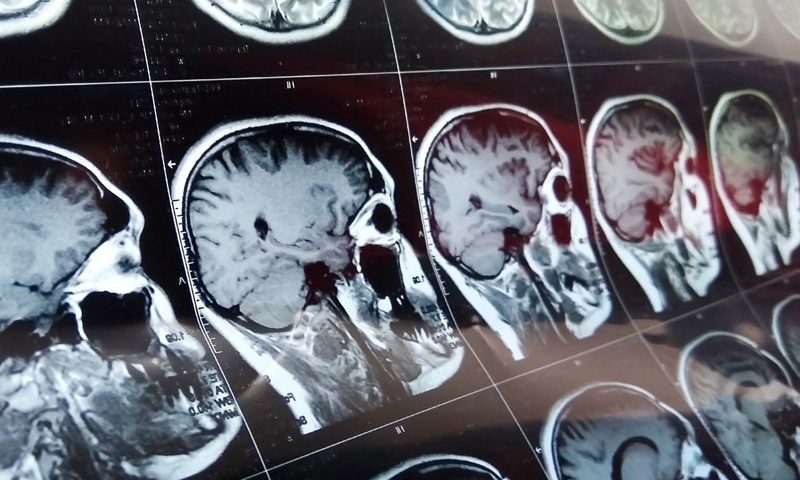Building a virtual model of an entire patient—cobbled together from data on vital signs, physical activity and other observations—has been a quest for device makers and drug developers alike, all looking for a clearer view of a person’s health. But they’ve never managed to get the whole picture.
Q Bio aims to go straight to the source.
The company’s whole-body imaging platform aims to beam up a “digital twin,” which could be used to model physiological changes and potential risk factors for different diseases—and its now gained the backing of a major healthcare provider in Kaiser Foundation Hospitals.
The company’s automated scanner promises to collect a snapshot of a person’s health—sweeping the whole body in 15 minutes, without the use of radiation—and merge that information with genetic data, medical histories and other examinations.
Using a magnetic resonance scanner and computational methods known as parallel imaging, Q Bio’s hardware is designed to be cheaper and at least 10 times faster than conventional MRI procedures, the company said.
“Until now, no existing technology has been able to develop a digital twin in a cost-effective way that combines an individual’s genetics, chemistry, anatomy, lifestyle, and medical history over time, with integrated tools that make it easy to correlate between quantitative changes and an individual’s risk factors,” Q Bio founder and CEO Jeffrey Kaditz said in a statement.
These tools could also help establish a person’s risk of developing disease and guide proactive care, as well as support researchers seeking to better understand the course of a condition, Kaditz added.
The company exited stealth mode last year, after raising $40 million in a series B round led by Andreessen Horowitz. Now it’s announced an additional investment from Kaiser Foundation Hospitals, part of Kaiser Permanente. They join previous backers including Khosla Ventures, Founders Fund, Beast Ventures, Thirty5 Venturers, Sea Lane Venturers and SciFi VC.

